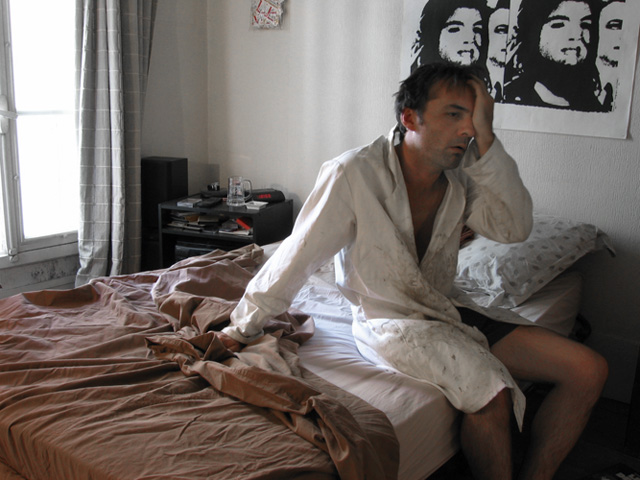The first time I learned lovingkindness meditation, or
metta, I was at a weekend retreat a couple of hours away from my house. As I drove home, I sent the standard wishes to the other drivers -- May you be safe, may you be happy, may you be healthy, may you live with ease -- indiscriminately, whether they sped by me or poked along so that I had to pass them, whether they sat in a lane or cut in and out of traffic.
It was a new experience and a delightful revelation, certainly a change from my usual litany of salty epithets.
The thing is, none of those other drivers had any idea what was in my head. It didn't change their experience, since I was never inclined to act out my feelings about other drivers. But it changed my experience.
That's what I forget about metta -- it's not about making the other person feel good; it's about opening up my heart. When I make the wish that another person, loved or unloved, be happy, without putting boundaries around what might make them happy, I'm creating space around my perception of that person. Do I think that person is a miserable so-and-so? May they find ease.
And when there's space, there's room for movement, there's the possibility that things will change. When I'm locked into a particular world view, that can't happen. Then, I stay in my box, you stay in yours, and we build walls. We get tense and tight and lonely.
Researchers at Google did a study about
what makes an effective team. They found that the secret ingredient is a sense of psychological safety, a ‘‘shared belief held by members of a team that the team is safe for interpersonal risk-taking.’’In other words, people felt they could share (ideas, experience, personal details) without being judged or criticized. And that atmosphere comes from the wish that others will do well, not the view that others' success is a threat to our well-being.
And that's what comes from metta practice. You stop being suspicious of other people and hope that they will be happy, be safe, find ease. You stop throwing up barriers to their happiness because their happiness doesn't threaten yours -- it increases it.
In that way metta changes the world. When you are happy that others are happy, there are infinite reasons to feel happy. When you are open to letting people show up as they are rather than locking them in boxes, they show up, like the cats in
Neko Atsume. Maybe they bring you gifts.
It's the same old world, but you're seeing it differently, which is how it changes.






